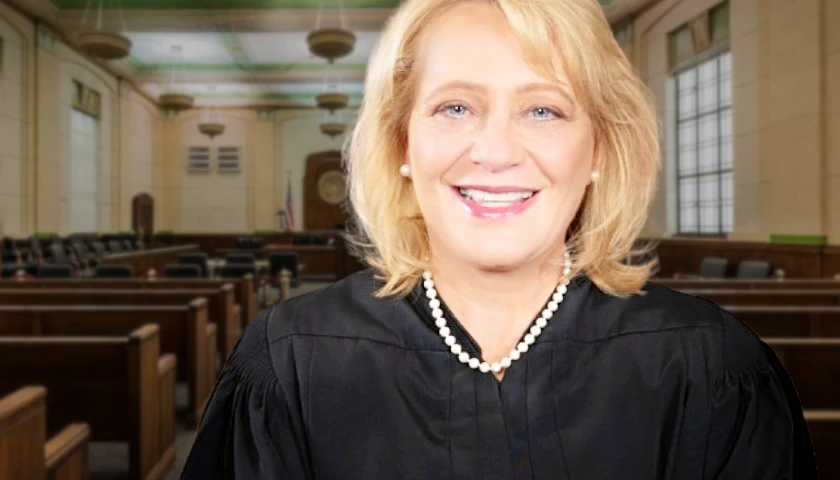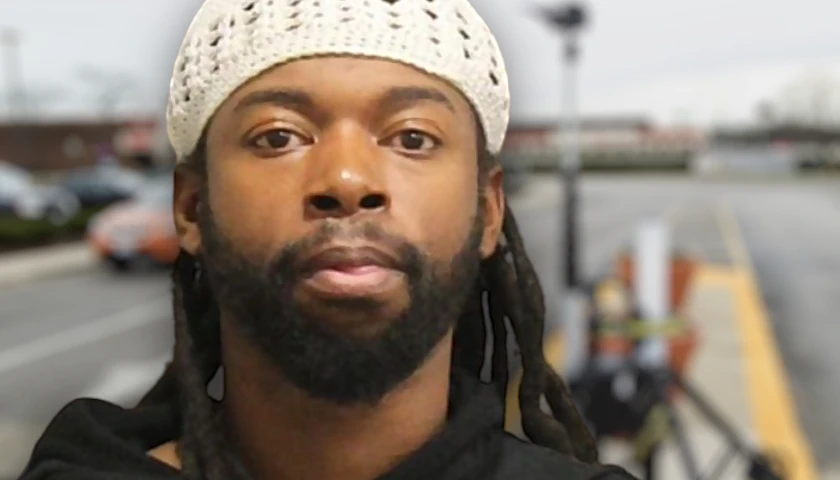Davidson County Chancery Court Chancellor Anne Martin reportedly said on Wednesday that she intends to release a ruling in the lawsuit brought against Nashville Mayor Freddie O’Connell, the Metro Nashville government, and the Davidson County Election Commission by February 1 over the successful Choose How You Move transit referendum, noting the plan is set to take effect on February 1 after voters approved it in November.
The lawsuit was filed in November by Emily Evans and her Committee to Stop an UnFair Tax, a group created to oppose the transit referendum, who claim the transit plan illegally uses the 2017 IMPROVE Act to raise Nashville’s sales tax to fund items not covered by the 2017 legislation, including sidewalks and traffic signals.
According to The Tennessean, Evans’ attorney, Kirk Clements, argued in court that 84 percent of the transit plan falls outside the scope of the 2017 law.
“A large percentage of the plan does not qualify under the definition of a public transit system project,” said Clements, according to the outlet.
The plaintiffs also reportedly argued that voters were misled by proponents of the transit plan who claimed it would cost taxpayers $3.1 billion, with Clements claiming the mayor specifically limited costs to the funding financed through the sales tax increase to obscure the true, $6.9 billion price tag for the transit plan.
“It was not explained to the voters the total [cost] of this project, which is over twice as much, and Metro has failed to demonstrate that this plan is financially feasible as determined by an independent CPA firm,” said Clements, according to The Tennessean.
The legal team for Nashville and the mayor cited aspects of the 2017 law they said could apply to the items in the referendum called problematic by its opponents, the outlet noted, adding that they also suggested the judge should consider the support for the referendum from voters when determining whether to strike the plan and associated tax hike.
“There are more than 200,000 people that voted in this election. They have not brought forward testimony to demonstrate that any of them are confused, and did not attempt to do so under the allegations in their complaint,” reportedly said State Senator Jeff Yarbro (D-Nashville), who works as an attorney and represented the defendants in court.
Questions over the legality of the referendum were raised as early as April 2024 by Ben Cunningham, the founder of the Nashville Tea Party, who said the referendum was illegal during various appearance on The Michael Patrick Leahy Show.
Cunningham told Michael Patrick Leahy, the editor-in-chief of The Tennessee Star, “The bus stuff is mass transit and that’s what was envisioned by the IMPROVE Act when it was passed in 2017. This was a provision put in the IMPROVE Act to allow cities to create a mass transit system. And it was very clear…they said we’re going to give the cities, the four largest cities, the opportunity to increase taxes through a voter referendum for a mass transit system. That was specifically what it was targeted for. It was not for all the other stuff that [O’Connell’s] doing.”
He has also warned that diminishing federal funding for transit projects could mean Nashville taxpayers will be saddled with a greater share of the $6.9 billion price tag, with local government leaders likely to resort to property tax hikes.
– – –
Tom Pappert is the lead reporter for The Tennessee Star, and also reports for The Pennsylvania Daily Star and The Arizona Sun Times. Follow Tom on X/Twitter. Email tips to [email protected].





